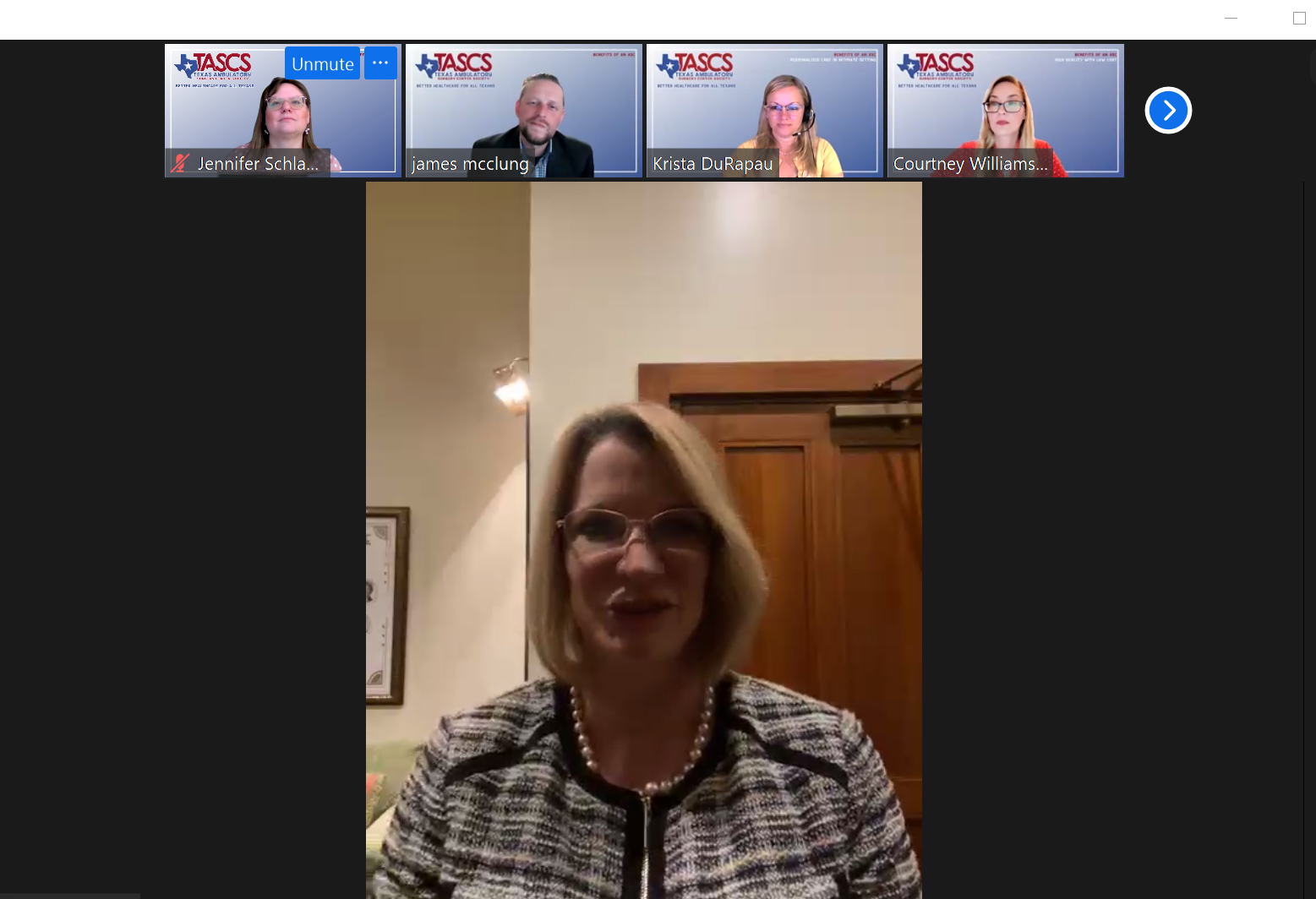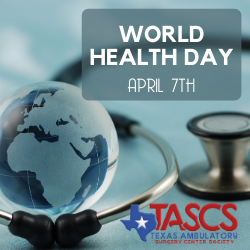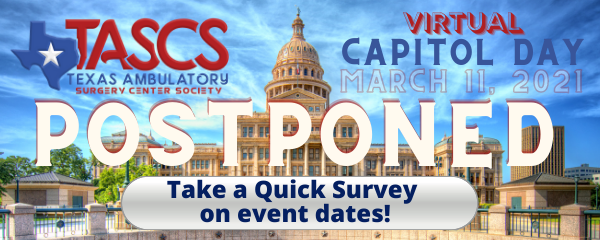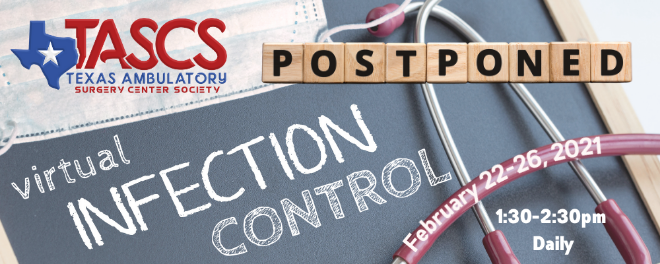As we pull our minds out of Session Mode and review the last five months, we’re caught somewhere between astonishment and relief. At the close of the interim, Texas was staring down one of the most challenging social, economic, and political periods in modern American history. We watched COVID-19 rage around the globe and a controversial Presidential election play out, and anxiously waited to determine the capacity of the 87
th Legislature. Our mid-2020 revenue update from Texas Comptroller of Public Accounts (CPA) Glenn Hegar was grim, projecting a fiscal 2021 ending shortfall of almost $5B and a severe reduction in General Revenue-Related (GR-R) funds. State agencies and higher education institutions were directed to identify savings within their budgets that would reduce total GR and GR-R appropriations by five percent, and budget writers were charged with leveraging every available dollar to help Texans facing a global pandemic, a recession, and mass unemployment.
Amidst all of this, the 87
th Texas Legislature got to work. House District 21 Rep. Dade Phelan was sworn in as Speaker of the House with broad support, and his endorsement from Gov. Greg Abbott suggested some much-needed harmony among state leadership. January’s revenue estimates from the Comptroller were surprisingly optimistic, projecting a much smaller shortfall and a little more flexibility in GR-R. We were reminded to be cautious, but able to exhale and enjoy Texas’ economic resilience. The Governor announced his priorities for the session and the Senate lowered the threshold of votes required to bring bills to the floor in a way that (almost magically) extended precedence to Republican legislative priorities. House and Senate committee assignments mitigated possible discord between the chambers by establishing Republicans as Chairs of nearly every powerful committee. Really, the biggest uncertainty (COVID-19 aside) was when we would receive updated Census numbers. Redistricting committees scheduled hearings and sought stakeholder feedback with little more than a hypothetical to work with. It was uncomfortable and hectic, but “Better the devil you know
…”. February’s winter storm was the devil we hadn’t met. The grief visited upon Texas homes and the realization that our carefully designed system didn’t protect them inspired grief in everyone else. We all wanted accountability, but no one seemed to know who was in charge. Finger-pointing was executed so freely we thought someone would lose an eye. The Public Utility Commission (PUC) of Texas and the Electric Reliability Council of Texas (ERCOT) were both—voluntarily or otherwise—gutted of their leadership. A flurry of bills was drafted and debated, and we appeared on the verge of dramatically changing Texas’ energy market structure. From a strictly logistical perspective, we were already short on time—bills were still awaiting committee referrals when
Winter Storm Uri swept through Texas. Legislators, many of whom experienced the consequences of the storm firsthand, became consumed with finding a fix. For about a month
Uri was the lead in every story, and you were an energy expert whether or not you’d ever intended to be. Between the infrastructural damage, grid-wide debt incurred by the emergency pricing protocol, the funds lost due to load-shed, and more, the storm created so much financial devastation that a recovery seemed impossible. The crises of the day expanded and multiplied, delaying the legislative process and further taxing a budget process that was already filled with difficult decisions.
Though seemingly impossible, by the end of April—we had House and Senate versions of a two-year budget in hand. Both documents incorporated the five percent reduction to agency budgets, stayed within constitutional spending limits, and honored last session’s commitments to education and public health in addition to prioritizing public safety. The chambers’ symbiosis was enhanced by a May revenue estimate from the CPA projecting increased ending balances for this biennium and the next, as well as improved conditions for the Economic Stabilization Fund (ESF or “Rainy Day Fund”) for 2022-23. The Conference Committee’s work was accepted by both chambers in the final week of May, and but for the contention regarding distribution of federal funds, it was a conflict-free process.
HB 2, the supplemental appropriations bill, was also passed without a hitch.
Elections, abortion, bail reform, broadband, public safety, religious and second amendment freedoms, etc. have dominated the last few weeks of session. While a few of those priorities have crossed the finish line, we’re not going to be able to tie this session up with a bow and lay it to rest. Though we’ve received new census numbers (and with them, two new U.S. Congressional seats), there will still be a special session required to finalize redistricting. Sixteen billion dollars in federal COVID-19 relief funds are on their way, and the Governor and Legislature have been playing tug-of-war with federal monies since well before the session started. The Lieutenant Governor recently called for another special session after several of his priorities died on the House floor; and in the last 48 hours of session, Democratic House Members organized a walk-out to prevent a final vote on
SB 7—this session’s highly controversial elections bill and one of Gov. Greg Abbott’s priorities. The Governor shortly thereafter responded by promising that the issue would be taken up during a special session (without specifying when that would take place) and expressing his intent to veto state budget appropriations for the legislative branch. “No pay for those who abandon their responsibilities. Stay tuned.”
In recent days since Sine Die, the Governor spoke to the estimated timing of a special session or two, stating there will be two special sessions: one on redistricting and COVID relief funds in September or October, and the other occurring before the Fall 2
nd called Special. The 2
nd called Special Session agenda will include SB 7, bail reform, and other issues yet to be determined. In other words… we’ll see you soon for the 87
th First and Second Called Special Sessions.








